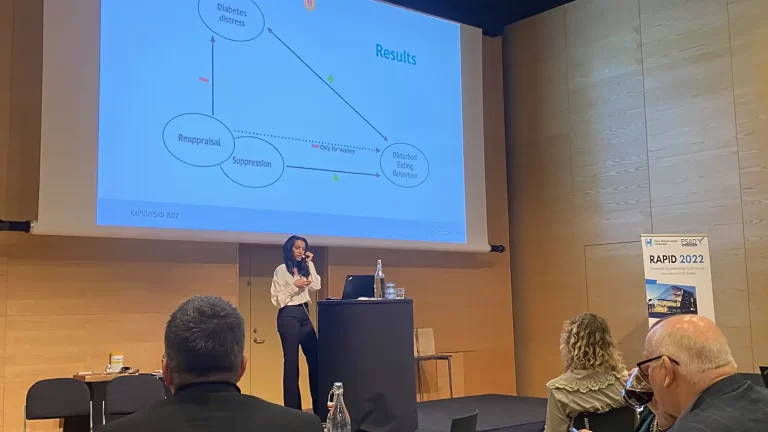In the words of Rudyard Kipling, “words are, of course, the most powerful drug used by mankind”. Adopting appropriate use of language is being rightfully demanded by the diabetes community with thanks to the development of the first Language Position Statement in 2012 by Professor Jane Speight from Australian Centre for Behavioural Research in Diabetes and Ms Renza Scibilia from Diabetes Australia. Professor Speight, a chartered psychologist and behavioural diabetes researcher, and Ms Scibilia, a person living with type 1 diabetes, collaborated with other relevant researchers, policy makers and stakeholders to produce this world first concept that is now a global movement. Read the original Language Position Statement here : Language-position-statement-2016.pdf (diabetesaustralia.com.au)


In 2021, Diabetes Australia’s Language Position Statement was revised with further recommendations to uphold CARE (curious-accurate-respectful-empathetic) communications and eliminate BIAS (blame-irreverence-authority-stigma) interactions when supporting people with diabetes. Read more about the revised Language Position Statement here : “Our language matters”: Improving communication with and about people with diabetes – ACBRD
This all important #LanguageMatters movement continues to maintain momentum with more countries and conferences pleasingly adopting it into policies and presentations. This year alone another five countries have launched their own Language Position Statements and the recently released ISPAD Clinical Guidelines embedded Diabetes Australia’s Language Position Statement into them. Read more about the efforts from other countries and initiatives that have adopted the #LanguageMatters movement here : Publications | Language Matters (languagemattersdiabetes.com)




